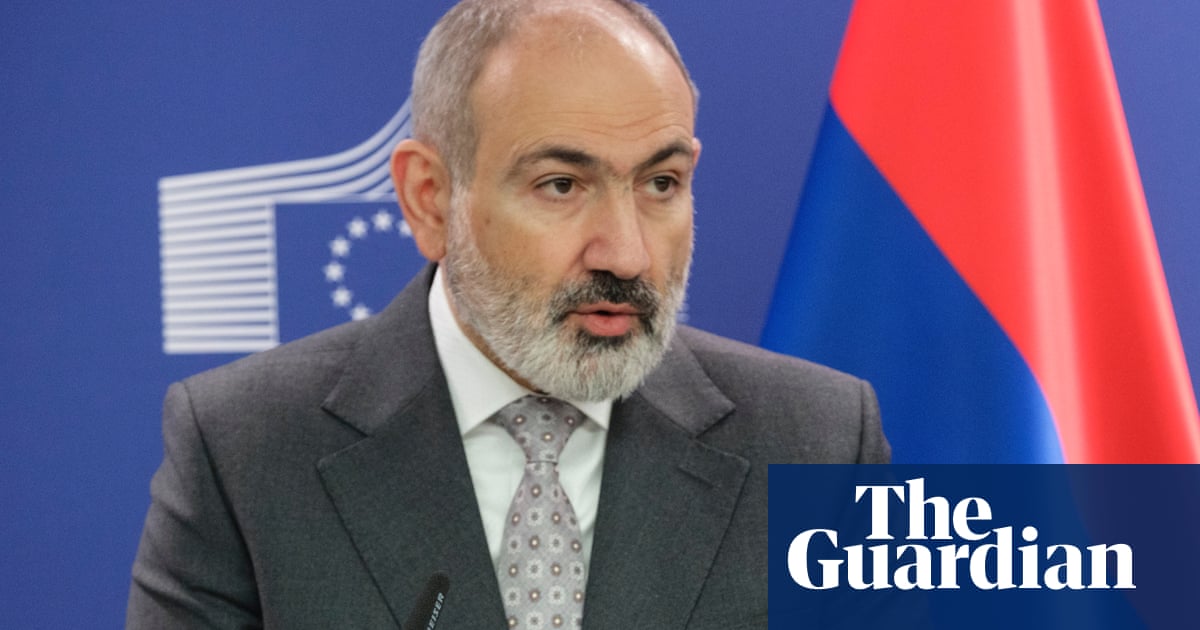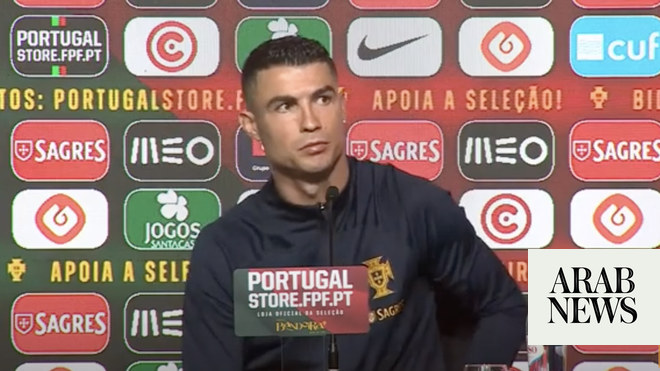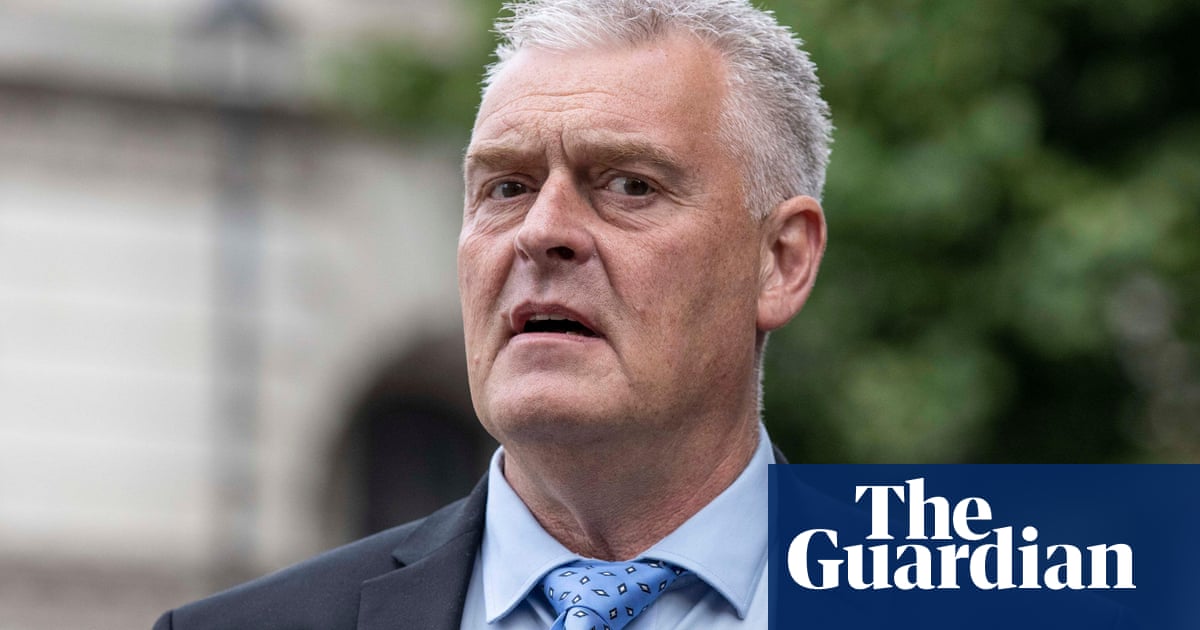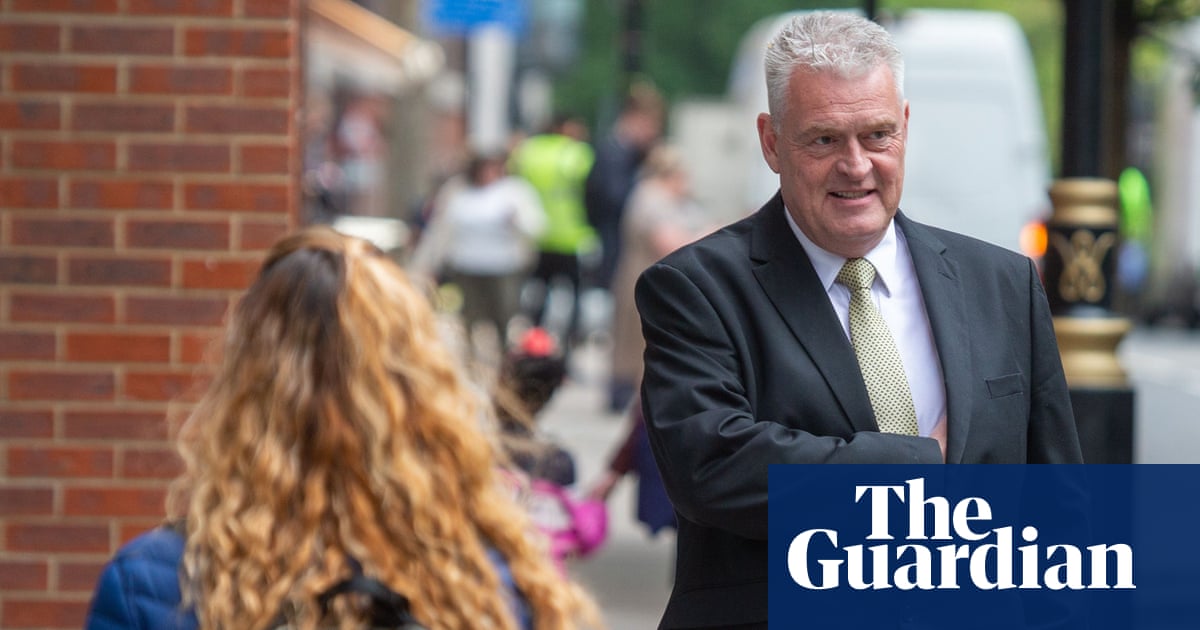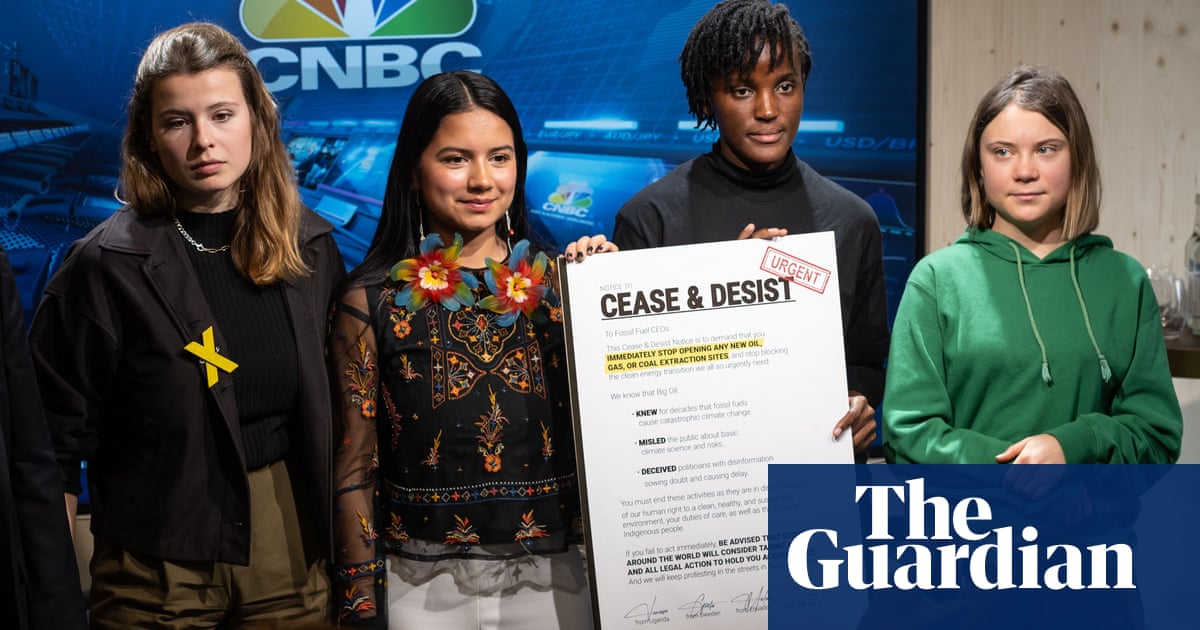
Bafta’s deputy chair has defended the academy’s decision to honour Noel Clarke despite warnings that serious allegations of verbal abuse, bullying and sexual harassment were being made against him.
Dame Pippa Harris said she stood by Bafta’s chair, Krishnendu Majumdar, and chief executive, Amanda Berry, after the decision to hand Clarke the honour and then to suspend both his award and membership once allegations against the actor and director were made public by the Guardian shortly afterwards.
“This whole affair has been extremely difficult, as you can imagine, for everyone involved, and Krish has worked all the way through together with the board,” Harris told Sky News on Wednesday.
“It has been a joint decision-making process. Krish has not been doing anything on his own. So any criticism that has been levelled at Bafta should be levelled at everybody. It is really not right to single people out.
“Everything that Krish did, he did with the full endorsement and knowledge of the board.”
Last week, the Guardian reported that 20 women who knew Clarke in a professional capacity had made accusations of sexual harassment, unwanted touching or groping, sexually inappropriate behaviour and comments on set, professional misconduct, taking and sharing sexually explicit pictures and videos without consent, and bullying between 2004 and 2019. Clarke has strongly denied the allegations.
Shortly after Bafta announced its plan to give Clarke the award for outstanding British contribution to cinema, several industry figures contacted the academy with the warnings.
Bafta has said the reports left it in the “invidious position” of wanting to follow up on the complaints but having been provided with no evidence to warrant taking action, and at no stage was it in a position where it could even begin to consider investigating.
Senior figures tried unsuccessfully to speak to people involved to establish the veracity of their claims before the award was due to be handed out.
But questions have been raised about Bafta’s approach, including why it was only after the award was given – almost two weeks after the alarm was first raised – that Bafta made a trained expert available to women with allegations to give them professional advice.
Harris told Sky News: “If we had had one fraction of the information that the Guardian had had, we would never have given an award to Noel Clarke.
“That is obvious, but we didn’t have that information. The first time that we saw the actual allegations against him was when they were published by the Guardian newspaper and as soon as we saw the allegations, we suspended the award.”
Through his lawyers, Clarke categorically denied every allegation the Guardian put to him, bar one, accepting he once made inappropriate comments about one woman, for which he later apologised, but denying the rest of her complaints.
He has said: “Recent reports, however, have made it clear to me that some of my actions have affected people in ways I did not intend or realise.
“To those individuals, I am deeply sorry. I will be seeking professional help to educate myself and change for the better.”






